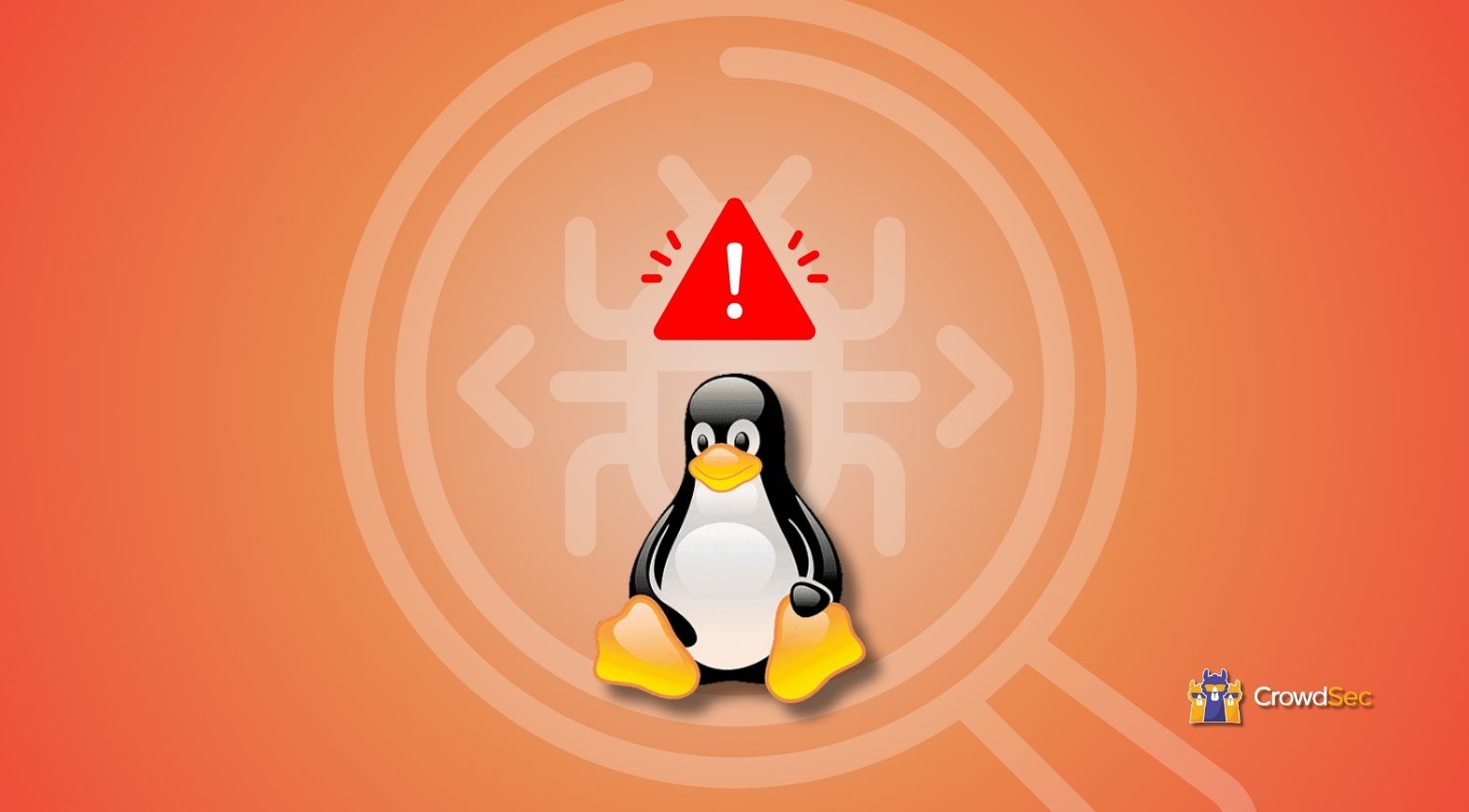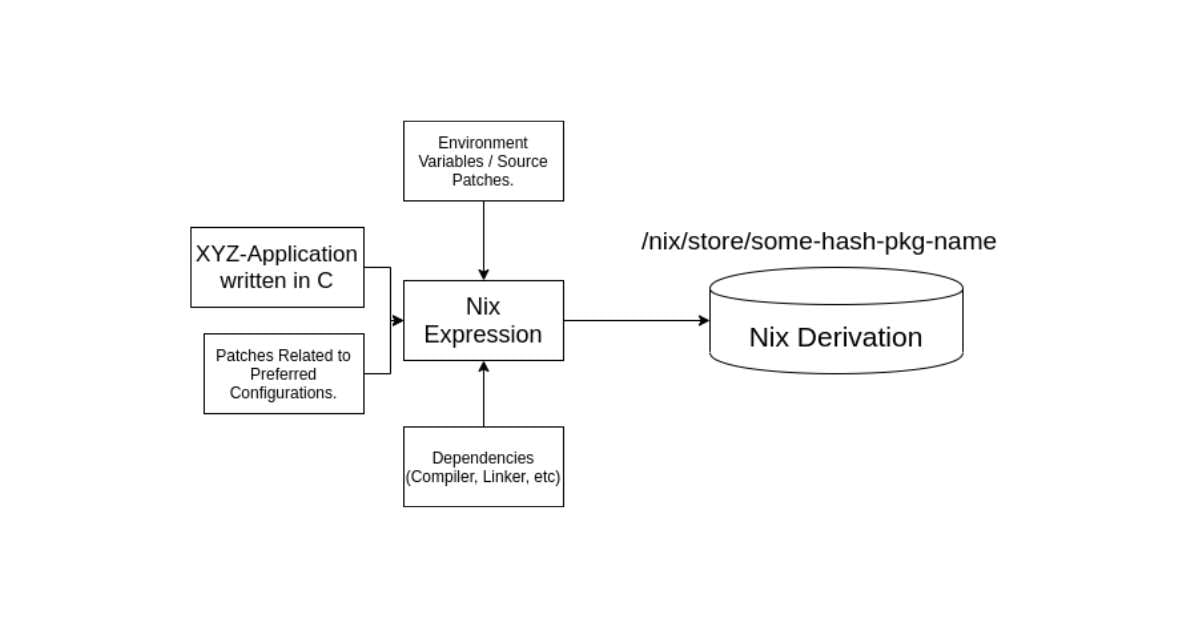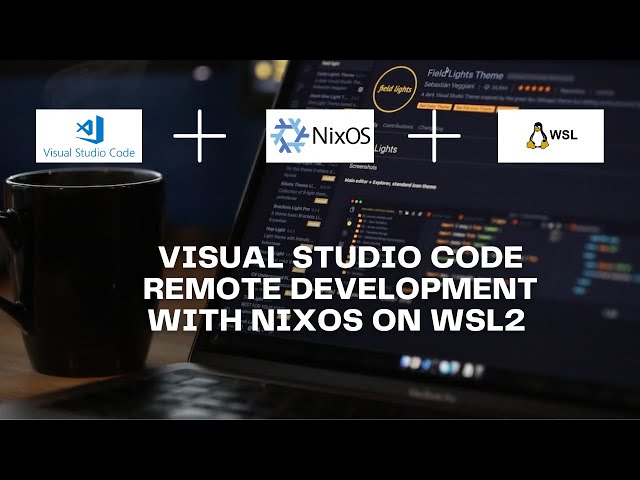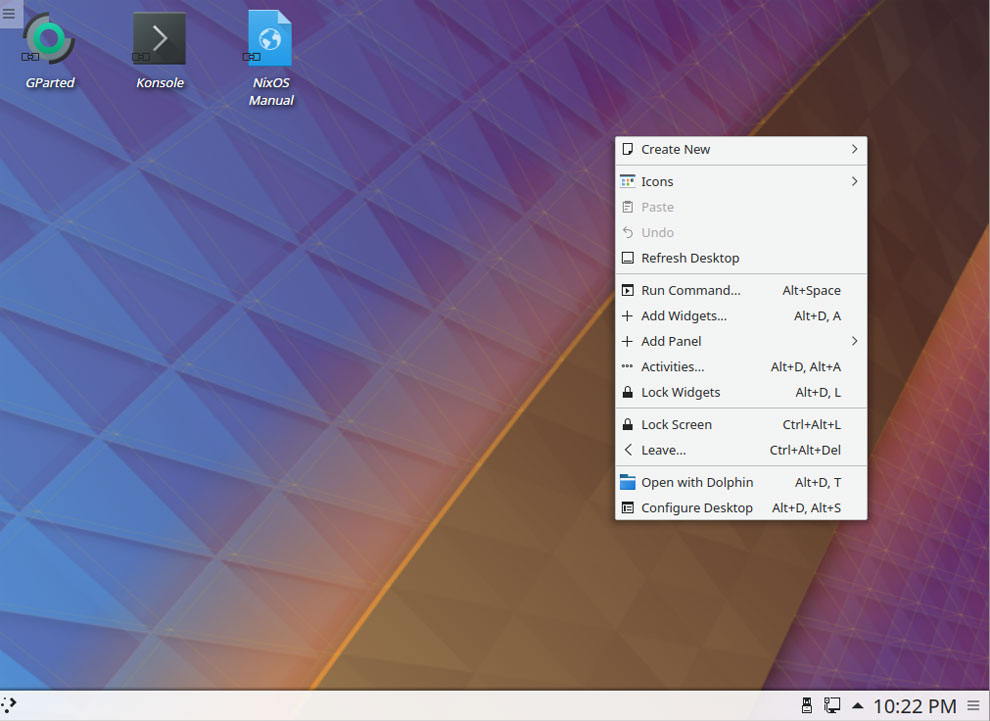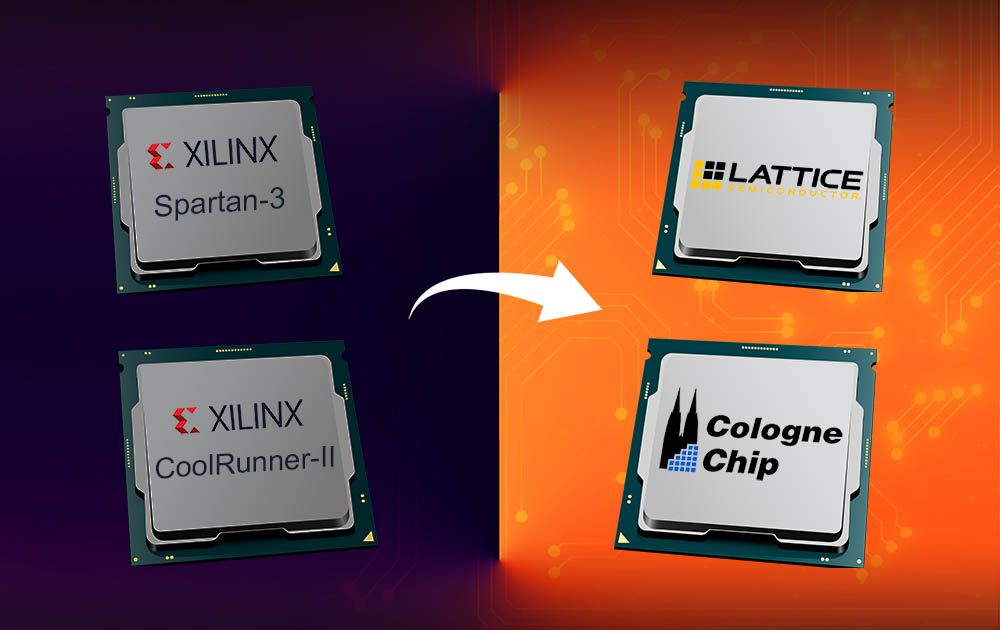
The Future of the Linux Kernel: Transitioning to Modern C++
A recent discussion has sparked within the Linux community regarding the potential transition of the Linux kernel from C to modern C++. The debate, which originated from a six-year-old mailing list thread, has resurfaced with renewed vigor.
The Linux kernel, known for its predominant use of C code supplemented by hand-written Assembly, is now contemplating the integration of modern C++ features. The proposal, initially introduced by Red Hat engineer David Howells in 2018, aimed to leverage C++’s inline template functions, class inheritance, and other functionalities not currently supported by the kernel’s C code.
The revival of this discussion caught the attention of seasoned Linux developer H. Peter Anvin, who articulated his support for transitioning to C++. In a detailed post on the Linux Kernel Mailing List (LKML), Anvin highlighted the evolution of C++ since 1999 and its suitability for embedded programming, particularly within the kernel environment.
Anvin emphasized the advantages of C++14 and C++20, citing improved metaprogramming support and enhanced error messaging capabilities. He proposed a structured approach to adopting C++ within the kernel, envisioning a defined subset of C++20 combined with specific compiler extensions.
The proposal has garnered support from notable figures in the Linux community, including Jiri Slaby of SUSE Lans and the original proponent, David Howells. However, the ultimate decision rests on Linus Torvalds, who has historically expressed reservations about transitioning the kernel to C++.
While the community awaits Torvalds’ stance on the matter, it’s essential to acknowledge the recent shift in the kernel’s codebase from C89 to C11. The potential integration of a C++ subset, ranging from C++14 to C++20, signifies a significant evolution in the kernel’s development process.
As the debate unfolds, the Linux community remains divided on the prospect of embracing modern C++ within the kernel. Whether this transition materializes or not, the discourse underscores the continuous evolution and adaptability of one of the most foundational components of the Linux ecosystem.
Stay tuned for further updates on this evolving narrative.
This article is based on discussions within the Linux community and does not reflect the views of NixOSPro.










